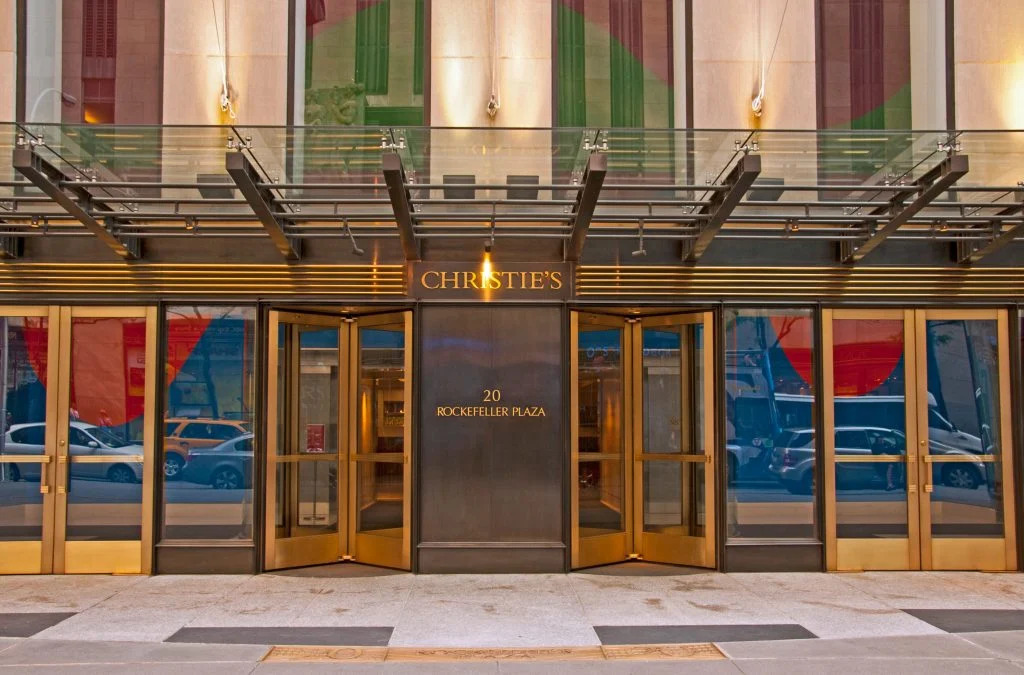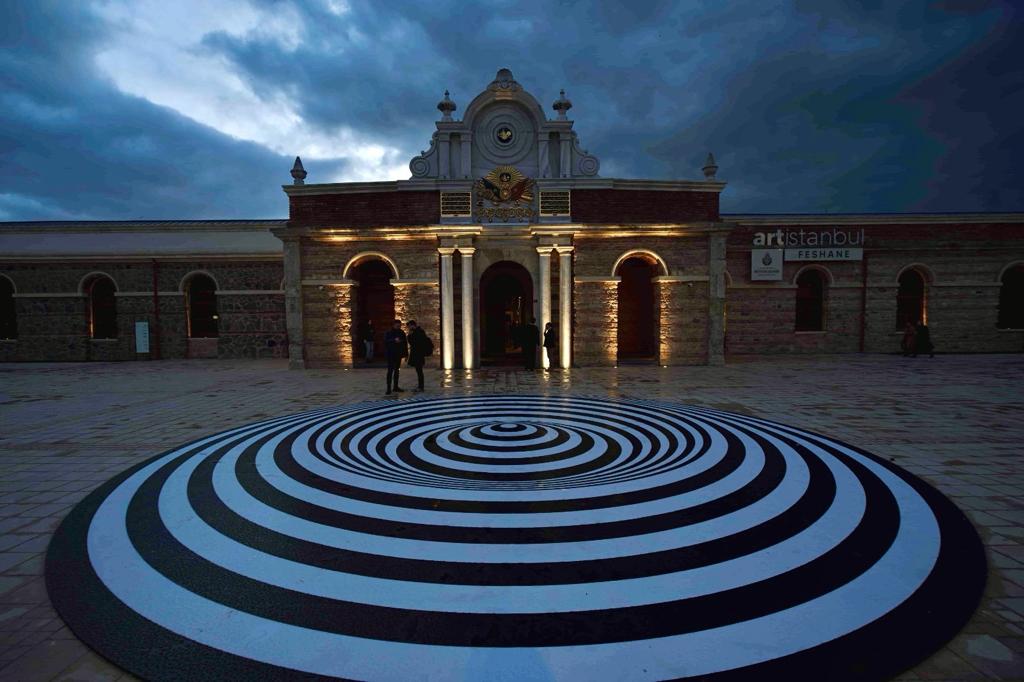Supported by the Friedrich Naumann Foundation Istanbul Office, The Art Freedom Monitoring Platform (SÖZ) has published its 2024 report on violations of artistic freedom in Türkiye. The report monitored censorship, legal obstacles, event cancellations/bans, targeting and attacks, sexism and violations of gender equality, visa restrictions, economic/political pressures, and workplace safety violations across all sectors of the arts and culture over a six-month period. Additionally, it tracked organized rights struggles within the field. The report highlights that pressure on the arts and culture sector has increased compared to the first six months of the previous year.
The 2024 report by the Art Freedom Monitoring Platform shows an increase compared to last year’s report. While there were a total of 95 violations in the first six months of 2023, this number rose to 126 in 2024. These include 22 instances of targeting/attacks, 21 cases of censorship/self-censorship and bans, 21 event cancellations, 21 economic/political pressures, 21 legal obstacles, 13 gender-based violations, and 2 visa restrictions.
The details of the report, which indicate that the arts and culture sector in Türkiye is facing more obstacles in terms of artistic freedom, are as follows:
Intense Scrutiny on the TV-Film and Cinema Industries
When examining the breakdown of artistic freedom violations by sector, the most significant pressure appears to be on the TV-film and cinema industries, closely followed by the music sector. The 2024 report from the Art Freedom Monitoring Platform also reveals a noticeable uptick in violations within the literature and publishing sectors. During the first half of 2024, the platform documented 29 violations in the TV-film and cinema sectors, 27 in music, and 17 in literature and publishing. Additionally, the report highlights a surge in constraints and rights infringements targeting festivals and cultural events. Specifically, the platform recorded 13 rights violations at festivals and cultural events, 9 in visual arts, and 4 in comedy during the same period.
Censorship Persists in Publishing
“In the report featuring statements such as ‘Censorship remains the most visible and primary violation facing artistic freedom, emerging as an enduring tool of repression in Türkiye,’ it is observed that censorship has notably affected the publishing sector during the first six months of 2024. Of the reported 21 instances of censorship, 7 occurred in publishing, 4 in TV series and shows, 2 in cinema, 2 in theater, 2 in music, 2 in exhibitions, 1 in festivals/fairs, and 1 in comedy. This increase from 11 censorship incidents reported in the first six months of 2023 to 21 in 2024 underscores a growing pressure on the culture and arts sector.”
Artists Under Fire
“One of the most common violations of freedom of expression faced by artists in Türkiye is being targeted,” states the report. “Due to the influence of social media, targeted artists may resort to self-censorship out of fear of losing their jobs, dealing with lawsuits, or facing social exclusion.” The report highlights that in the first six months of 2024, artists most frequently experienced rights violations through targeting. Of the 22 reported instances of targeting/attacks, the majority were directed at artists working in the TV and film sector (10), with musicians also being frequently targeted (5).
According to the report, TV and theater actors are often targeted because of their roles or political views, while festivals and fairs are singled out by politicians. These acts of targeting are often the first step towards the cancellation or banning of these events.
Bans on Artistic Events
The report highlights a notable increase in the cancellation of artistic events, often without any given reason. While 13 event cancellations/bans were reported in the first six months of 2023, this number rose to 21 in the first half of 2024. Of these 21 cancellations/bans, 10 were in the music sector, and 6 were festivals/fairs. The report also documents that many university spring festivals were unable to take place due to political and economic pressures.
Economic Crisis Impacting Arts and Culture
According to the report, economic and political pressures are considered another barrier to freedom of expression in the arts and culture sector. The economic crisis in Türkiye is notably affecting this sector. The report emphasizes that there were 21 instances of economic and political pressure violations, including job security issues, in the first half of 2024. The most affected area is theater, with 5 of the 21 violations occurring there, followed by 4 in cinema and 4 in festivals/fairs. The report also highlights rights violations such as unauthorized use of works and non-payment of royalties. Of the 8 copyright violations reported in the first six months of 2024, 3 occurred in cinema, 4 in music, and 1 in publishing.
Legal Barriers
The report documents that legal pressure mechanisms, such as lawsuits and investigations against artists and their works, remain one of the most significant obstacles to artistic freedom in Türkiye. While there were 37 legal barriers reported in the first six months of 2023, this number decreased to 18 in the first half of 2024. This reduction is seen as a positive development for artistic freedom.
Discriminatory Policies Against Women and LGBTQ+ Individuals
The SÖZ Platform states, “Discriminatory policies against women and LGBTQ+ individuals in Türkiye also impact the arts and culture sector, making sexism and violations of gender equality barriers to artistic freedom.” In this context, the platform reports 13 violations in the first six months of 2024. According to the report, the music sector is where women and LGBTQ+ individuals face the most rights violations, followed by the TV series and television sector with 4 reported violations in the first half of the year. The report also highlights that the cinema and publishing sectors are affected by sexist and gender inequality violations.
The report also highlights the ongoing issue of visa restrictions, which became a topic of discussion last year, emphasizing that this continues to be a significant obstacle for artists.
Organized Resistance
In addition to documenting rights violations, the platform also monitors both organized and individual efforts to protect artistic freedom. In the first half of 2024, platforms like the Publishing Workers’ Platform and #SusmaBitsin have been active in calling for, organizing meetings, and staging actions to protect and expand artists’ rights. The report includes 28 instances of organized resistance in the arts and culture sector: 6 in publishing, 5 in festivals/fairs, 5 in cinema, 4 in TV series and television, and 4 in the music sector.








